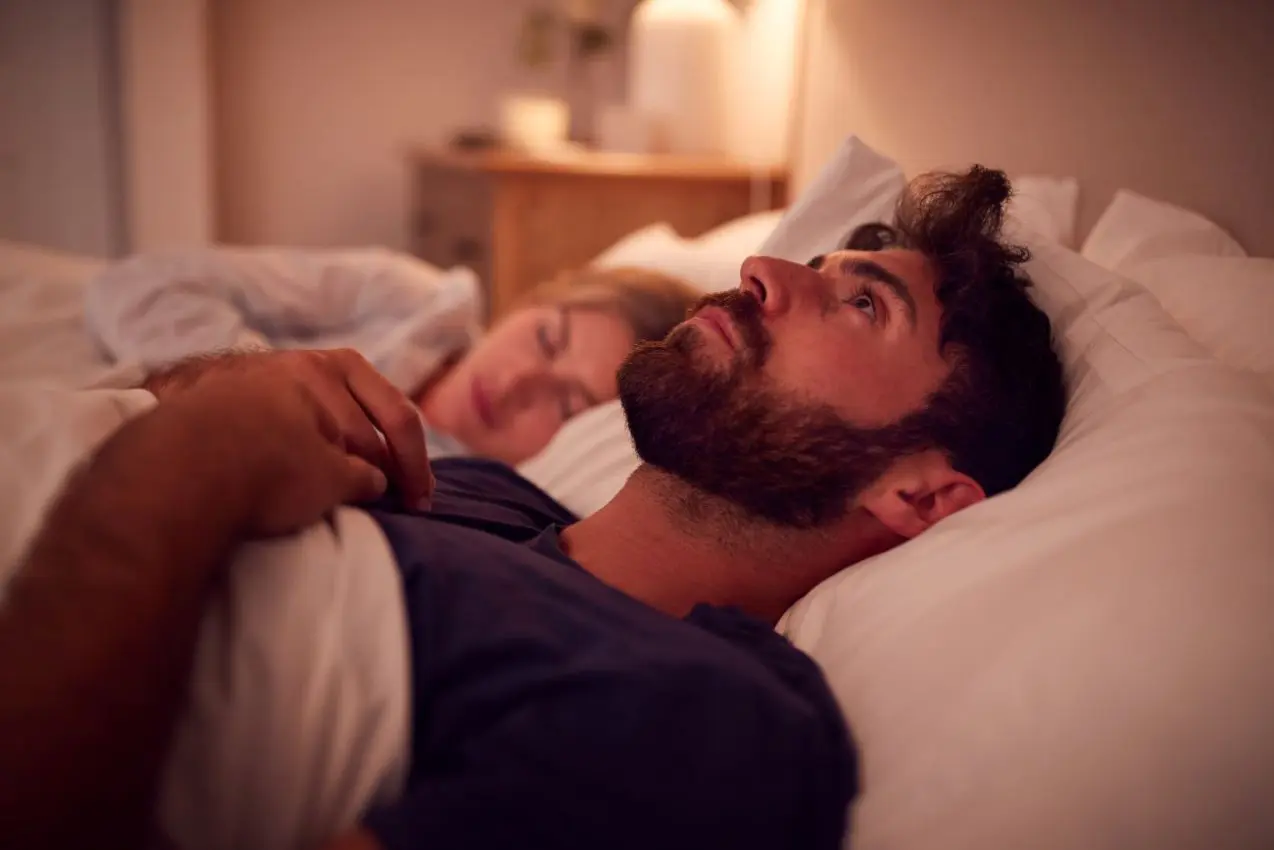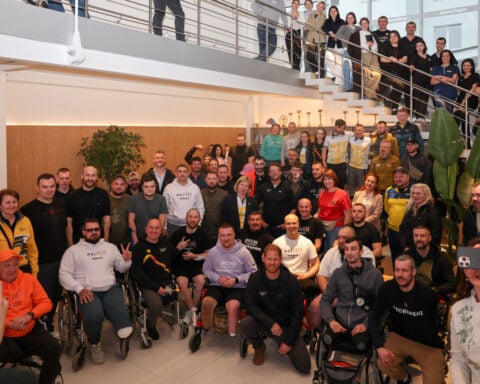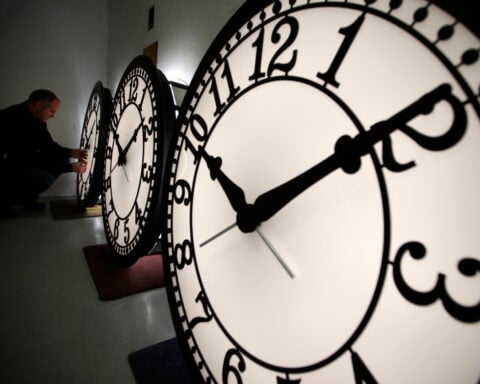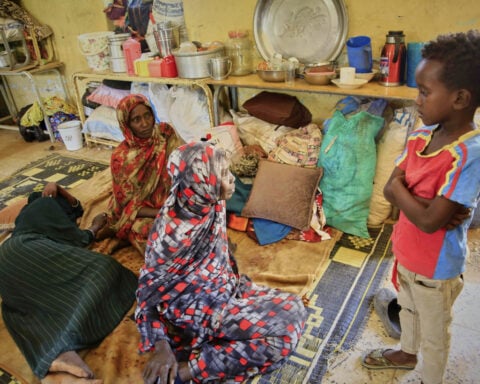At times, we encounter difficulties in achieving restful sleep—whether it involves struggling to fall asleep until the early morning, waking up multiple times during the night, or staying awake all night. The repercussions of insufficient sleep are detrimental, impacting cognitive abilities and emotional well-being, as indicated by studies. Nevertheless, science offers guidance on mitigating the adverse effects that cannot be avoided when faced with a night of poor sleep.
The brain plainly suffers when sleep-deprived. Studies forcing subjects to stay awake 24+ hours find slowed reactions, lapses in memory, a weakened ability to pay attention, and flawed decision-making. But even losing a few hours can impair performance. “Take away an hour or two for a couple of nights, and you end up seeing the same [cognitive] profile emerging,” explains sleep scientist Eti Ben Simon of the University of California, Berkeley. What’s behind the foggy thinking? Brain imaging exposes diminished activity in the prefrontal cortex, responsible for planning and judgment, concurrently revealing heightened activity in the amygdala, the emotional center of the brain. As reasoning capabilities decline, anxiety intensifies, underscoring the intricate interplay between cognitive processes and emotional responses in the brain. Prolonged lack can also affect brain architecture. Individuals who experience persistent insomnia often have a reduced size of the prefrontal cortex.
Inadequate sleep initiates a heightened state of alertness within the body, marked by raised blood pressure, an accelerated heart rate, and an upsurge in cortisol, the stress hormone. Furthermore, the sympathetic nervous system, tasked with regulating the "fight or flight" response, becomes hyperactive as a reaction to insufficient sleep.
This reaction makes sound evolutionary sense. In the past, humans who couldn’t sleep were often in peril. Staying vigilant helped with survival. But today, the exhausted brain interprets mundane stresses as threats, leaving you on edge . Fortunately, science offers suggestions for clearing away the mental fog:
Napping can rapidly boost cognitive skills and alertness disrupted by sleep loss. But limit it to 30 minutes; longer naps can trigger grogginess upon waking. Even brief shut-eye refreshes the mind. “You might not even feel like you fall asleep,” says sleep specialist Dr. Kelly Baron. “But getting a little bit of that light sleep helps the brain rest.”
Along with aiding long-term health, exercise temporarily sharpens the mind after lost sleep. A 2022 study found students who worked out after an all-nighter performed better on tests than non-exercisers. Experts theorize movement increases blood flow, oxygenating the depleted brain. But avoid intense training, which can further tax the body.
Light exposure regulates the circadian rhythm that guides sleep. When out of sync from sleep loss, natural light can help reset the body clock. Take a daylight walk, or sit near windows to get illumination. This activates alertness signals.
A moderate dose of coffee or tea boosts wakefulness and cognitive focus when operating on low sleep. But don't overdo it—too much caffeine can spike anxiety and heart rate. And avoid it close to bedtime.
While these tips help counteract deprivation's effects, they don't erase them. Adjusting routines protects against mishaps. Accept that effectiveness will be reduced. Give yourself ample time for tasks, avoid multitasking, and schedule demanding work during peak energy windows.Lack of sleep impairs judgment, so postpone important decisions. Also avoid intensive conversations, as irritability often increases.
Driving drowsy heightens crash risk, so rely on transit after an all-nighter. Reaction times resemble legal intoxication levels when exhausted. Ultimately, nothing besides rest reverses the cognitive and emotional strains of sleep deprivation. So when fatigue follows a restless night, accept these limitations. Seek support where needed, reduce expectations, and build in buffer time. With reasonable precautions, you can minimize mistakes and safely navigate the day.
While bouncing back from occasional lost sleep is possible, chronic deprivation causes long-term harm. Ongoing fatigue frays mental health, weakens immune function, and elevates disease risks. Children suffer developmentally without adequate rest, and learning declines. Studies reveal that short sleepers, getting under 7 hours nightly, tend to experience higher anxiety, depression, and irritation than people logging sufficient slumber. Emotional volatility rises without rest, relationships suffer, and work performance lags. Plus, sustained lost sleep distorts hunger signals, increasing obesity likelihood.
People frequently overlook sleep needs due to packed schedules. But skimping on rest backfires, undercutting effectiveness and well-being. Adults require 7-9 hours nightly, while children need 9-12 hours, depending on age. Prioritizing sufficient sleep benefits nearly every aspect of life.
Today's 24/7 lifestyle often collides with biological sleep requirements. Approximately 35% of adults get less than the minimum 7 hours of rest. Teens average under 7 hours, and children around 9 hours—far below optimal levels. Sleep loss is a society-wide issue.
According to Kenneth Wright, a researcher at the University of Colorado Boulder, we have created a culture that does not align with human physiology. Work and school schedules often conflict with natural circadian rhythms. Plus, technology frequently disrupts sleep patterns.
Reclaiming healthy sleep therefore requires both personal habits and societal changes. Individuals can set earlier bedtimes, limit screen exposure at night, and adopt consistent sleep-wake cycles. But institutional reforms are also key. Later school start times better align with teen biological clocks. Employers can permit flexible hours and adjust workloads to promote sufficient rest. Doctors may need to screen patients for sleep disorders. Broader awareness of sleep's vital impact could also lead more people to prioritize it.
In the end, no shortcuts exist for consistent, adequate sleep. But understanding deprivation's costs, and responsibly limiting its occurrence, allows individuals and communities to flourish. Sleep may be the missing ingredient in building a healthier, happier, and more productive society.

 Trump has begun another trade war. Here's a timeline of how we got here
Trump has begun another trade war. Here's a timeline of how we got here
 Canada's leader laments lost friendship with US in town that sheltered stranded Americans after 9/11
Canada's leader laments lost friendship with US in town that sheltered stranded Americans after 9/11
 Chinese EV giant BYD's fourth-quarter profit leaps 73%
Chinese EV giant BYD's fourth-quarter profit leaps 73%
 You're an American in another land? Prepare to talk about the why and how of Trump 2.0
You're an American in another land? Prepare to talk about the why and how of Trump 2.0
 Chalk talk: Star power, top teams and No. 5 seeds headline the women's March Madness Sweet 16
Chalk talk: Star power, top teams and No. 5 seeds headline the women's March Madness Sweet 16
 Purdue returns to Sweet 16 with 76-62 win over McNeese in March Madness
Purdue returns to Sweet 16 with 76-62 win over McNeese in March Madness








